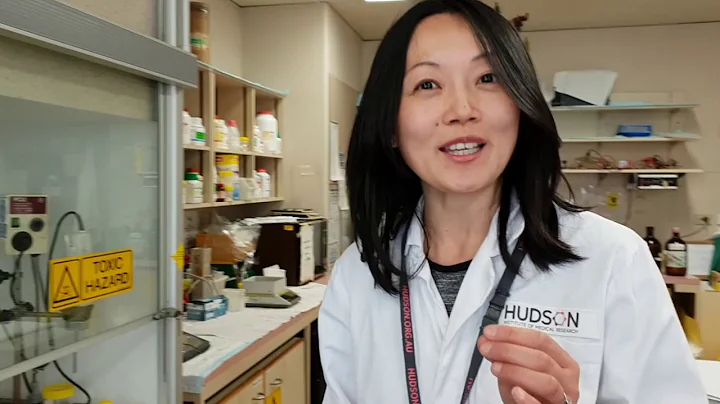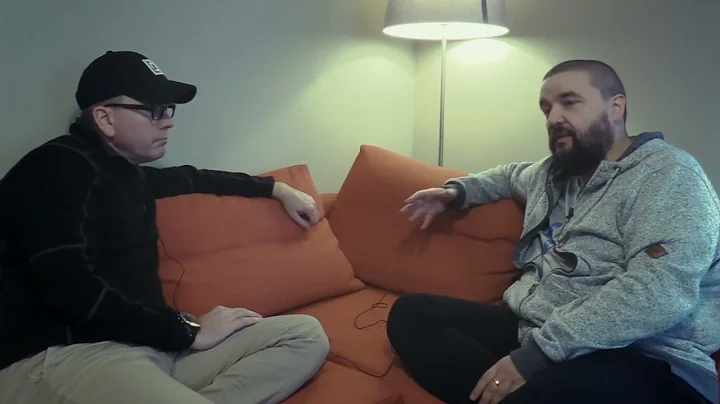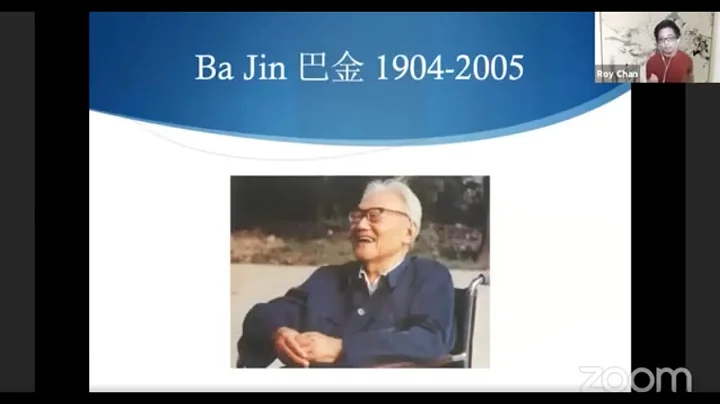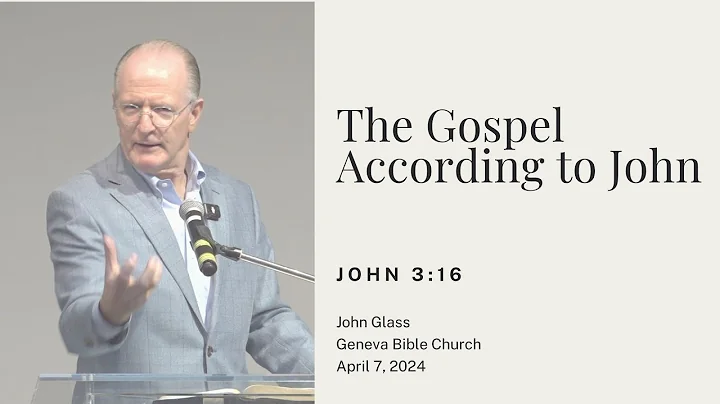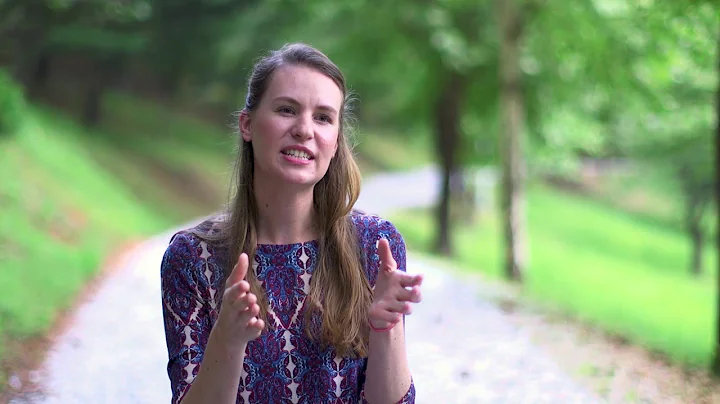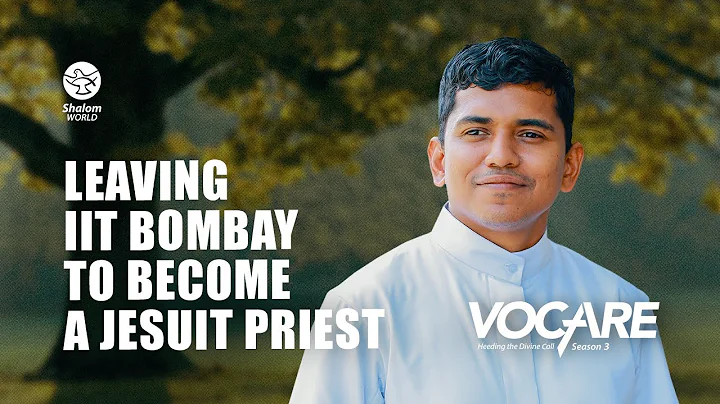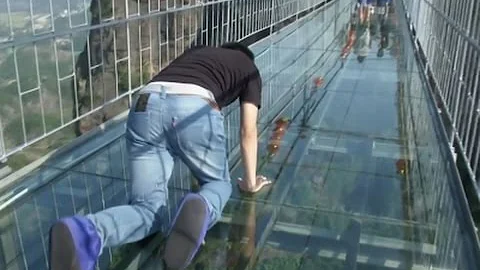Some people are destined to be extraordinary, and some days are not ordinary either.
Jean Jacques Rousseau was born in Geneva on June 28, 1712. His father was a Protestant and a watchmaker, and his mother was an ordinary girl born in a pastor's family.
The joy of family life is the best antidote to the poison of bad habits.
's childhood experience gave him a deep understanding of the importance of family life, which is why he has this understanding. His mother died shortly after his birth, and Rousseau was raised by his aunt. In 1722, Rousseau's father had a dispute with someone and fled for refuge. Rousseau stayed alone at his uncle's house, and later at a priest's house, where he studied classical Chinese, drawing, and mathematics.
In 1724, he returned to his uncle's house in Geneva. A year later, he started working as a handyman for Mr. Maslon. Later, when he was an apprentice to a carver, he developed a habit of stealing, but at the same time he also read a lot of miscellaneous books.

1728 After running away from the carver's house at the age of 16, he met Mrs. Warren and began his first relationship.
In 1730, Rousseau, who did not understand music scores, worked as a music teacher in Lausanne and claimed to be a Parisian. This was another disgraceful experience.
In 1732, he returned to Mrs. Warren and became her lover. While doing land surveying, he taught himself mathematics. What's a bit strange is that Mrs. Warren also has a lover, and the three of them get along very happily. This can be regarded as a special experience.
1734, helping Mrs. Warren with housekeeping, researching plants, and making medicines. In 1737, his eyes were injured due to a chemical experiment and he went to the village of Chalmat to recuperate. He enjoyed rural life and love, and concentrated on studying knowledge, reading the philosophical works of Locke , Descartes and others.
Great people will never abuse their advantages. They see where they are superior to others and realize this, but they will never be immodest because of it. The more good they excel, the more aware they are of their shortcomings.
In 1740, Rousseau's absurd first half of his life came to an end in a hurry, and he started another life, working as a tutor in the house of Father Mably in Lyon. In 1742, he proposed the "New Musical Notation" at the Paris Academy of Sciences, but it was not accepted. The "New Music Notation Method" was rewritten into "Modern Music Theory" and published. I got to know Diderot and some Enlightenment thinkers, and began to get in touch with Enlightenment ideas , and at the same time began to study chemistry.
In 1743, he wrote the opera "Elegant Muse". During this period, he made a living by teaching music and copying music scores. In 1745, he met Thérèse and lived with her, starting another love life. In 1747, he wrote the comedy "The Impudent Engagement" and the poetic drama "Sylvie's Path".
In 1749, he wrote the music part of the "Encyclopedia" for Diderot and D'Alembert. "On Science and Art" was written shortly after for application to the Academy of Dijon.
In 1750, his application essay "On Science and Art" won the Dijon Academy Prize. At the same time as Rousseau became famous, he started a pen war with many literati because of his essay "On Science and Art".
In 1752, the opera "The Village Fortune Teller" was successfully performed and was favored by the king and queen. Although "The Village Diviner" was performed many times later, Rousseau benefited very little from it, and he continued to write like this for a long time.
In 1753, he traveled to Saint-Germain for a short time and wrote " On the Origin and Basis of Human Inequality" for the essay competition for the Dijon Academy.
In 1754, he went to Geneva with Govercourt and Vasseur. He was warmly welcomed by people from all walks of life in Geneva and converted to Protestantism again. Drafted "Theory of Political Institutions", and later selected only part of it to be published as "Theory of Social Contract".
In 1761, " New Heloise " was very popular among female readers as soon as it was published. In 1762, when "Emile" was published, the French court issued an arrest warrant for Rousseau and banned his book because of some remarks in the book. At the same time, Archbishop Bimont of Paris issued an injunction against "Emile", and the Paris High Court also issued an injunction and ordered Rousseau to be hunted down.
Rousseau escaped alone, and for eight years, Rousseau was on the run.Living under various persecutions, condemnations and even the surveillance of spies, Rousseau's character gradually became sensitive and suspicious, so much so that he later constantly suspected that people around him might murder him.
In 1763, he fled to Prussian, accepted the asylum of the King of Prussia, and soon published the "Letter to Pope Bimon" to protest against the persecution of him by the church authorities, and began to fight against the persecution of the church alone. In 1764, he published "Letter on the Mountain" to question the Geneva authorities.
In 1765, the "Draft Constitution of Corsica" drafted by Rousseau was published. Later, he moved to the island of St. Pierre in Bern . After enjoying a peaceful life in seclusion for a few months, he was expelled again and sneaked back to Paris.
In 1766, he went to England to take refuge and compiled the "Dictionary of Botanical Terms". And began to write the first volume of " Confessions ". During the four years of wandering and fleeing, Rousseau experienced various persecutions, slanders and blows. The Confessions wrote down his actions and made them public to clarify the unfair treatment he suffered.
In 1769, he moved to live on a farm in Bugo City and wrote "The Morality Required by a Hero". In 1770, he returned to Paris, rewritten music scores and composed music, and prepared to write " dialogues ".
In 1771, he wrote "An Investigation of the Polish Government and its April Reform Plan of 1772". In 1775, his opera "Pike Horse" was successfully performed at the French Opera .
In 1776, he completed "Dialogues" and wanted to place it on the altar of Notre Dame, but failed. Soon after he wrote "A Lone Walker's Dream".
In 1777, his health deteriorated, he stopped copying music scores, and his livelihood became difficult.
I have always believed that only kindness can be called virtue if it is put into action.
In 1778, he died of illness in the town of Elonmere and was buried in the town of Elonmere. In 1794, his coffin was moved to the Panthéon in Paris.
1712 June 28 has been gone for a long time, but Rousseau, who was absurd in the first half of his life and wandering in the second half of his life, will forever be imprinted in the long river of history.
Every ordinary day has been spectacular in history! Remember to click follow and chat with Lao Bai about every historical event!
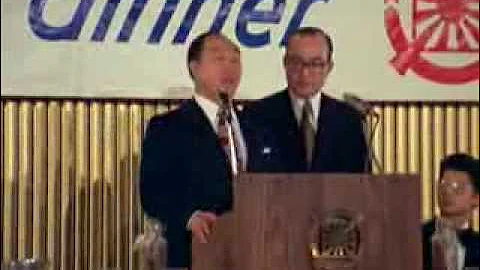

![IN LOVING MEMORY OF NICHOLAS ROTICH [CHONGIN] 1982 - 2024 - DayDayNews](https://i.ytimg.com/vi/5N8odvYrBTc/hq720.jpg?sqp=-oaymwEcCNAFEJQDSFXyq4qpAw4IARUAAIhCGAFwAcABBg==&rs=AOn4CLCoDkRIuSQ53ZtSRXI7-ToPnb2ghw)

